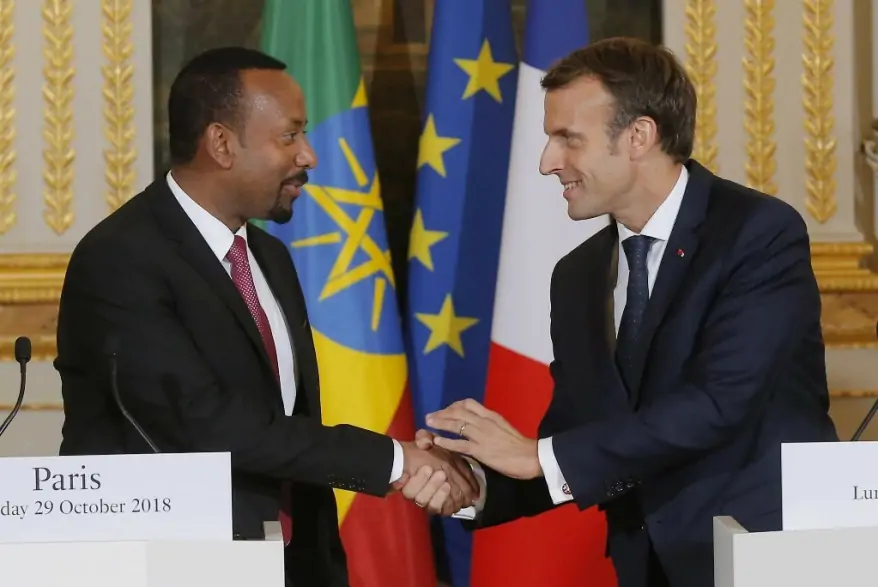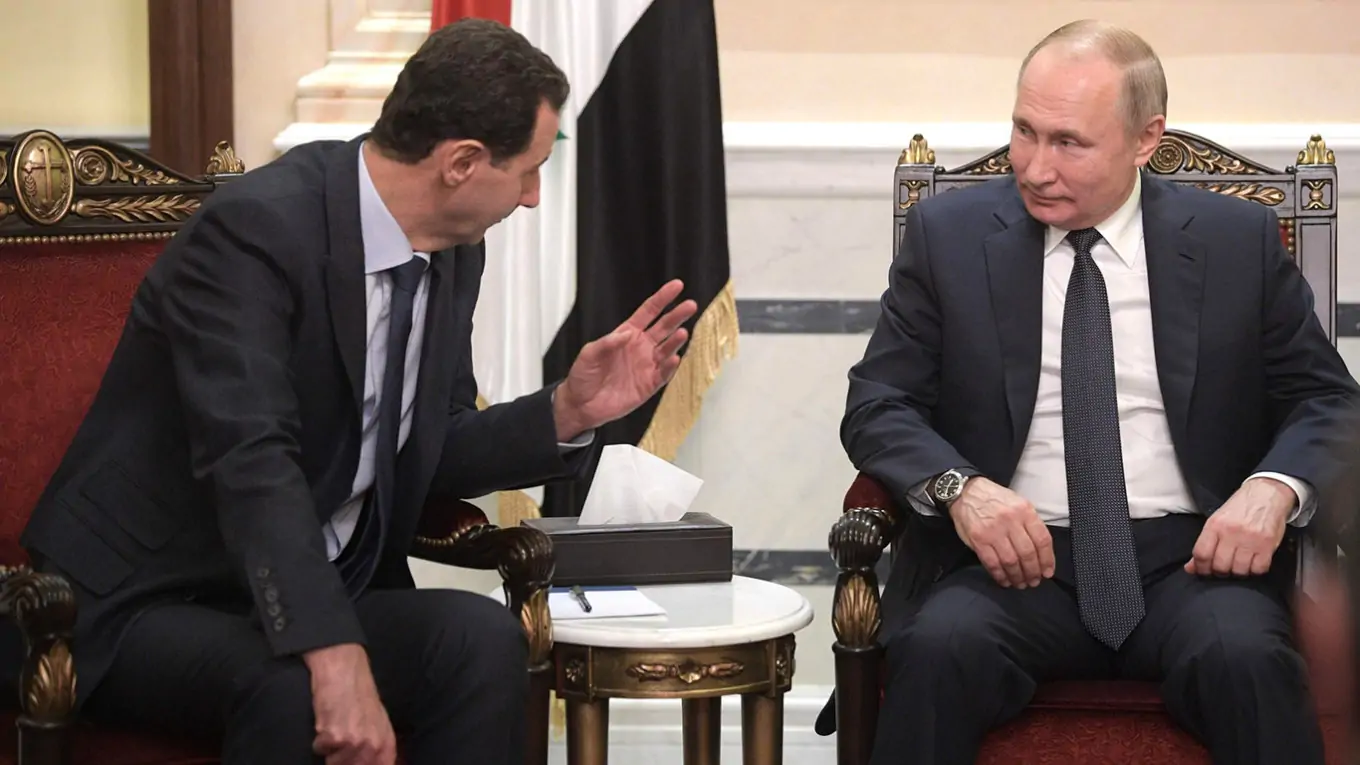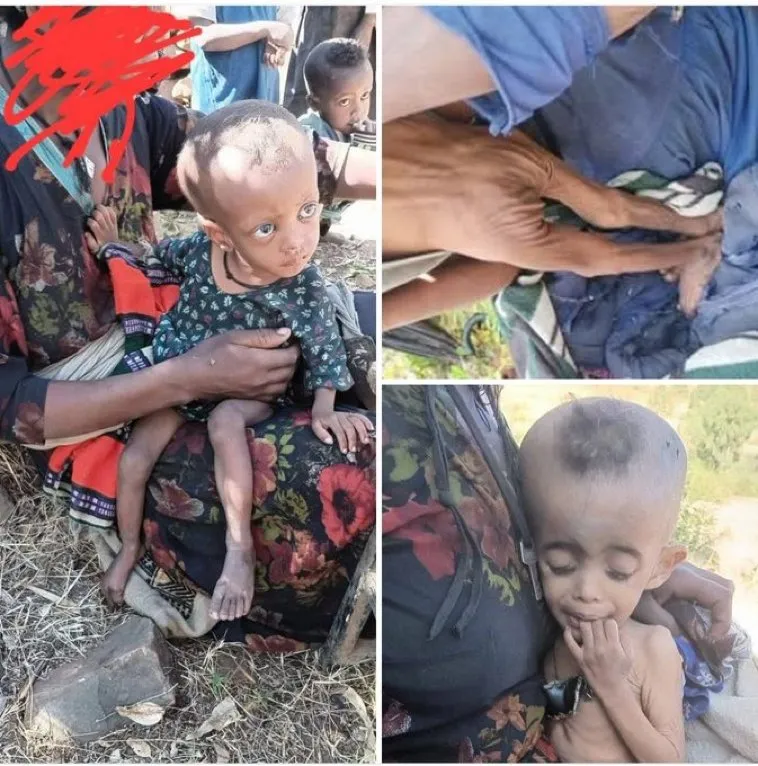October 7, 2015 (KHARTOUM) – The Joint Boundary Commission (JBC) between Sudan and South Sudan has met in Addis Ababa under the auspices of the African Union Border Program (AUBP).
- Map detail showing South Sudan’s border state of Northern Bahr el Ghazal
Claimed and disputed areas of the Sudan and South Sudan border include Abyei, 14-Mile area, Joudat Al-Fakhar, Jebel al-Migainais, Kaka, and Kafia Kingi enclave (Hofrat al-Nahas).
Since the South Sudan independence the agreed border between the two countries is not yet demarcated (marked on the ground). Also, talks between the two sides continue to delimit the remaining 20% disputed boundary.
The AU commissioner for peace and security, Smail Chergui, received the two co-chairs of the JBC, Michael Makuei, minister of information and broadcasting of South Sudan and El-Rashid Haroun, state minister at the Sudanese presidency on the margin of the JBC’s fourth meeting in Addis Ababa.
In a statement issued by the AU, Chergui stressed the importance to build on the dynamic momentum between the two countries in order to give more impetus to peace efforts in the region.
He further stated that “he was encouraged by the positive atmosphere of the meeting and the genuine cooperation the two parties are extending to the AU Commission including, the determination of their respective governments to demarcate the common boundary between both countries”.
According to the statement, the JBC’s fourth meeting is expected to “pave the way for the implementation of the planned activities of the JBC in accordance with the Agreement on Border Issues signed on the 27, September 2012 between the two countries”.
It described the meeting as “an encouraging development in the implementation of the AU Border Programme whose two core objectives are the delimitation and demarcation of borders and the promotion of cross-border cooperation”.
(ST)















